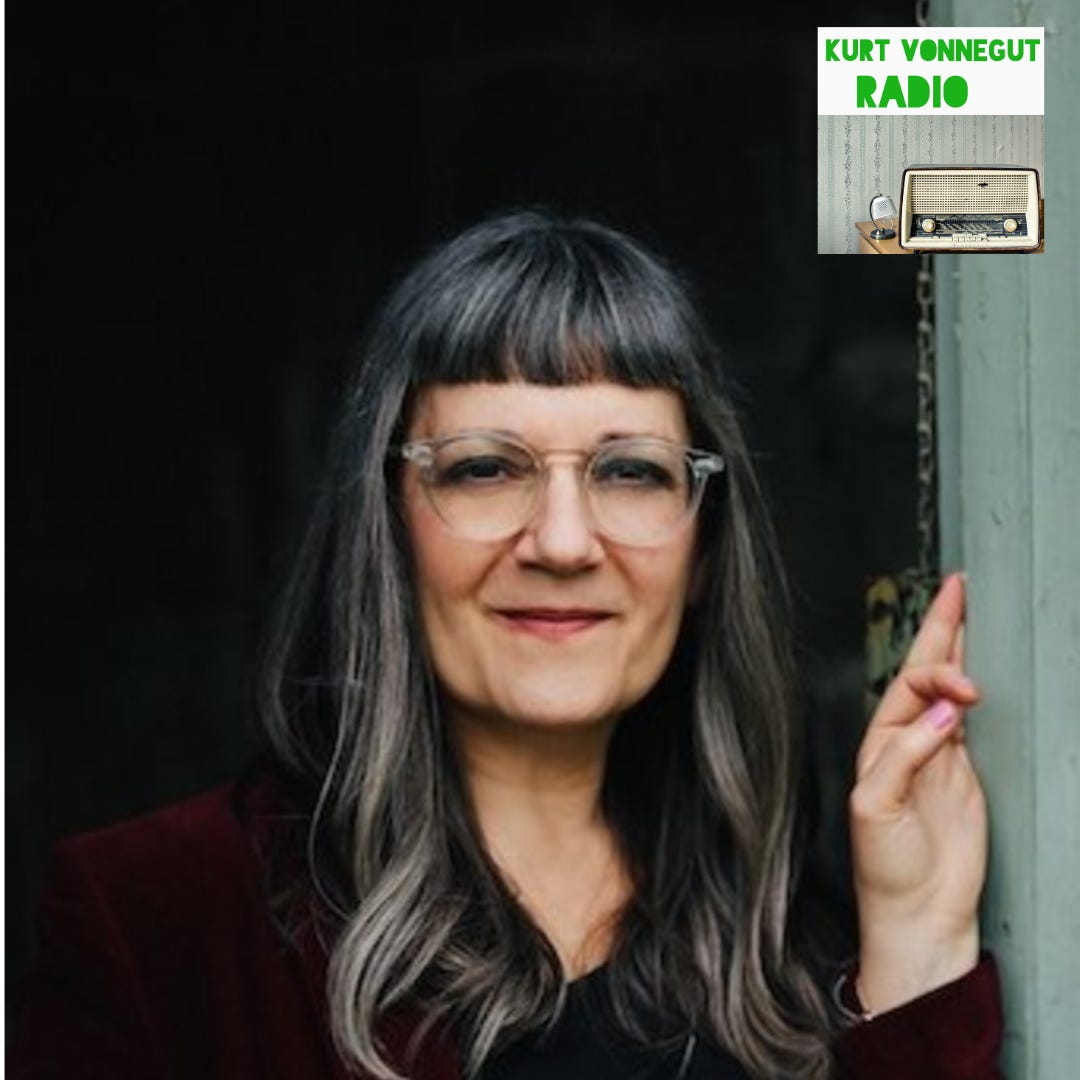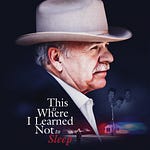Hey People,
Greetings from Cape Cod, where Kurt Vonnegut lived for 20 years and wrote most of his best books. These days Cape Cod is one of the great white shark capitals of the world. Even curiouser is that sharks off Cape Cod spend half their time in water that’s less than 15 feet deep. So every time I go swimming in the ocean and don’t get eaten by a shark, I consider it a victory.
When I lived in Princeton a million years ago, my doctor there had grown up with with the writer Peter Benchley, who wrote the book Jaws. Before Spielberg’s blockbuster in the summer of 1975, most people never thought about great white sharks. But after Jaws, then sharks became this world-renowned “monster.” Thanks to Spielberg’s camera angles, we all learned how to see ourselves as bait. And because of Jaws, the world’s shark population has been decimated.
Anyway, so my doctor in Princeton told me how Peter Benchley was wracked with guilt over the role he and his book (and subsequent movie) had played in decimating the world’s shark population. And Benchley spent the rest of his life writing books and traveling the globe and giving lectures on how sharks were no great threat to human beings. Can you imagine being a writer and having to live with that sort of guilt? Anyway the moral of the story is that there are indeed real monsters. But they are human beings.
Also, I welcome my shark neighbors.
Today on the show I have a great talk with author Sari Botton, who recently published her beautiful and bracingly honest memoir, And You May Find Yourself: Confessions of a Late-Blooming Gen X Weirdo. Sari is the editor-in-chief of the beloved publication, Oldster Magazine, which publishes such luminaries as Cheryl Strayed, Deesha Philyaw, Maggie Smith, and Lauri Stone. Previously Sari was the Essays Editor at Longreads and an editor at Catapault. She edited the anthology Goodbye to All That: Writers on Loving and Leaving New York City. She was also the Writer in Residence in the creative writing department at SUNY New Paltz for Spring, 2023.
Sari and I compare Gen X notes about growing up as feral children in the 70’s. We discuss the challenges she overcame in writing her memoir. We chat about Sari’s lifelong sense of being a misfit and how through writing and telling the truth she found her people. We discuss her fascination with aging and and why she feels that who she is today is the realest version of herself. We also discuss her editorial vision and what the word “oldster” means to her.
Couple Sari Botton quotes from our convo:
“Sincerity, radical kindness, earnestness, these are kind of my kinks.”
“I was so embarrassed. But I also felt like I had to tell this story. It was my journey to realizing certain things and getting over a certain hurdle. In terms of trying to be someone I wasn’t.”
Thanks to everyone for coming along on our podcast adventure. And big thanks to our paid subscribers. If you like what we’re doing and want to support the show, please know we really appreciate it. You can Rate/Review the show on the podcast app of your choice, which is also a huge help.
Stay safe out there, people. Peace.
Gabe
show notes
Buy Sari’s memoir
Read Sari’s magazines Oldster and Memoir Land and Adventures in Journalism
Read an excerpt from Sari’s memoir in LitHub
Read Sari’s Hurricane Tim story that we discuss in this episode
Take Sari’s Skillshare class on writing memoir
Visit Sari’s website
Rate/review Kurt Vonnegut Radio (this is how you help our show live)
More episodes of Kurt Vonnegut Radio:
Follow Kurt Vonnegut Radio on podcast app of your choice
Contact me at gabehudsonpod(at)gmail.com
Jude Brewer was executive producer and editor for this episode.














